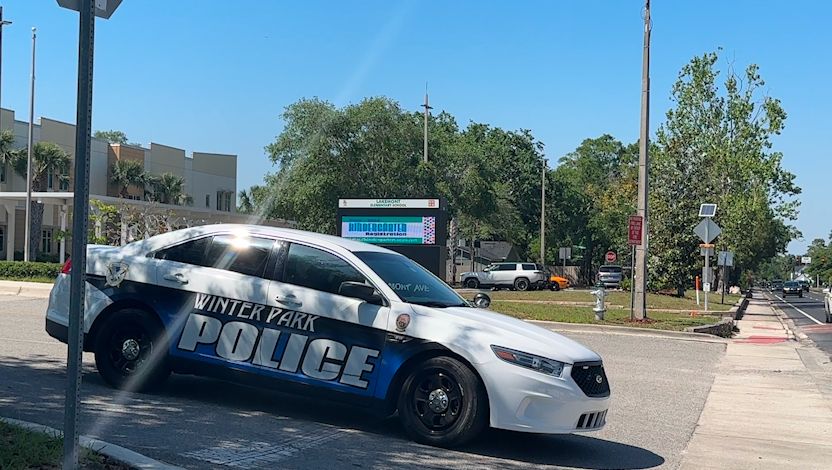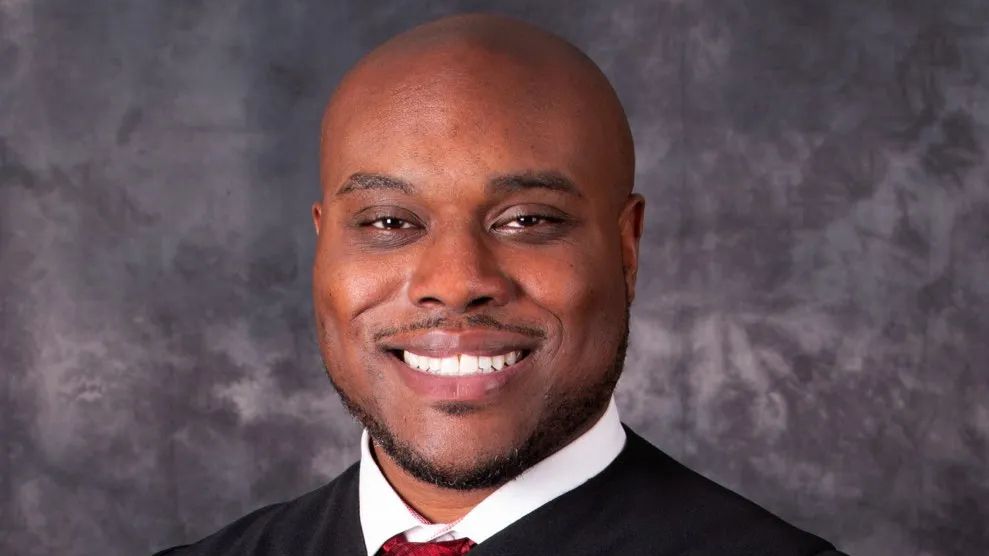ORLANDO, Fla. --- Just before Christmas, Courtney Welch’s little brother Daniel Hardaway was here. Then, he wasn’t. The 31-year-old took his own life Dec. 19.
“It was shocking to everyone that knew him,” Welch said. Although family members knew Daniel was in counseling, she says “no one had any idea of how hard he struggled.”
It’s a common feeling, that sense of shock among family and friends when a loved one dies by suicide. Yet suicide is far more common than many realize, occurring in the U.S. more than twice as often as homicide according to the National Institute of Mental Health (NIMH). In Florida, suicide is the eighth leading cause of death, slightly higher than the national average.
Those troubling statistics are exactly what brought Welch out to Baldwin Park Saturday, along with approximately a thousand others who participated in a walk to raise awareness and funds for suicide prevention. Orlando’s 15th annual Out of the Darkness walk was one of many community walks coordinated each year by the American Foundation for Suicide Prevention.
“I just think it needs to be more normalized that people struggle with these thoughts and you’re not alone, and there is always help,” Welch said.
Mental health experts agree it’s crucial to address – not ignore – the tragedy of suicide and its warning signs, because it’s something that can be prevented. Events like Saturday’s can help, by bringing greater public awareness of the problem while also providing a safe, healing space for victims’ loved ones and survivors to come together.
The World Health Organization recommends the following four strategies for suicide prevention:
limiting access to the means of suicide, such as highly hazardous pesticides and firearms;
educating the media on responsible reporting of suicide;
fostering socio-emotional life skills in adolescents; and
early identification, assessment, management and follow-up of anyone affected by suicidal thoughts and behaviour.
“It really is amazing to see how kind people are,” Welch said, adding that almost two months after Daniel’s death, friends and family continue delivering meals and showing their support. “I’m so grateful for that, because that has really helped me carry on.”
She says Daniel was a successful financial advisor, always making other people laugh – especially Welch’s four young kids, who called Daniel their “fun unc” (short for “uncle”). His friends told Welch, Daniel always said “I love you,” before parting ways.
“If only we would have known, everything would have been different, our daily interactions,” Welch said, growing emotional. “I talk to him a couple times a week, but I would have been at his house every day, checking on him, reminding him how loved he is.”
Experts say while no one singular event “causes” suicide, there are risk factors and warning signs to look out for, such as someone using alcohol or drugs more frequently, or making comments about feeling hopeless or like they’re a burden to others. However casual those comments might seem, experts say they should always be taken seriously.
After Daniel’s death, Welch wholeheartedly agrees.
“If you know anyone that is struggling, makes any comment or anything about how they wish they weren't here, I think everyone around them should know. So that you can pull together, even if that person is embarrassed,” Welch said.
She says her brother was embarrassed by stigmas surrounding mental health; he didn’t want to be labeled as “crazy.” But if a loved one shares a troubling thought with you, Welch says, it’s crucial not to keep that a secret – even if they ask you to.
“You can say, ‘don’t let him know you know’ [about the comment],” Welch said. “But call him, go to his house, reach out to him, be there for him.”
She and at least thirty other people who loved Daniel showed up in Miami Dolphins colors Saturday, in honor of Daniel’s absolute favorite football team. Welch said one member of their group, a Marine veteran with post-traumatic stress disorder, has also struggled recently with suicidal ideation; she walked in support of him as well.
“I think it’s important … to see how loved and supported he is,” Welch said. “Hopefully, that will carry him through.”
Welch hopes more open, thoughtful discussion about mental health challenges and suicide will help people who are struggling understand that they aren’t alone.
“Everyone has memories and stories of [Daniel] and how he touched their lives, even people from his childhood, people he worked with, his clients,” Welch said. “Everyone loved and supported him, and I just wish that he could have seen that, and knew that.”
If you are struggling with suicidal thoughts or know someone else who might be, please call the National Suicide Prevention Lifeline at 800-273-8255. Free, confidential help is available 24/7.









